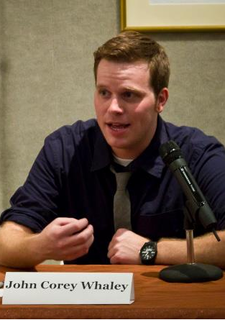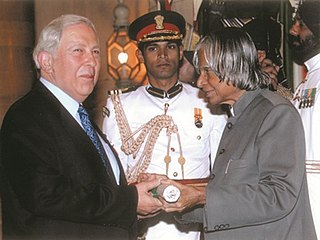A Quote by John Corey Whaley
Dealing with chronic anxiety has taught me to better understand the nuances of mental illness and the very individual nature of it.
Related Quotes
The very term ['mental disease'] is nonsensical, a semantic mistake. The two words cannot go together except metaphorically; you can no more have a mental 'disease' than you can have a purple idea or a wise space". Similarly, there can no more be a "mental illness" than there can be a "moral illness." The words "mental" and "illness" do not go together logically. Mental "illness" does not exist, and neither does mental "health." These terms indicate only approval or disapproval of some aspect of a person's mentality (thinking, emotions, or behavior).
Often, when you're growing up, you don't know what's wrong. We don't talk openly enough about mental illness. How do you know - especially today with the incredibly high stress teens are put under during high school - if you have depression or if you have a mental illness or if you have anxiety? You don't know, because you've never seen it.




































